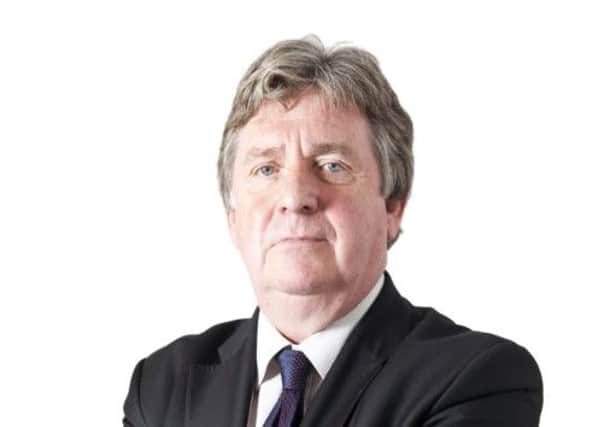Comment: Colao puts his money on ‘triple–play’ agenda


That was also seen as paying top-dollar for German assets, and Mannesman was not the smoothest deal, fraught with political controversy, and not the easiest of integrations.
Some will also worry Vodafone chief executive Vittorio Colao has got his timing wrong this time, with the future of its Verizon Wireless joint venture in the United States still up in the air.
Advertisement
Hide AdAdvertisement
Hide AdIf Vodafone exits that moneyspinning j/v it would have cash to burn, and it is arguable that investors are more interested in immediate special dividends from such a move than landline/television acquisitions in Germany.
Of course, what goes around comes around. There was a time when landline was yesterday’s story in the brave new mobile networks world. But the convergence of landline, broadband and cable TV has led to a rethink and telecoms and media giants from BT and BSkyB to Vodafone and Virgin Media are competing to offer “packages” to their customers.
In a further sign of consolidation in telecoms yesterday, Telefonica, the Spanish owner of 02, sold its subsidiary’s Irish business to Hutchison Whampoa, owner of rival Three.
The common denominator is telecoms firms looking at business areas to see if they are worth persevering with or worth more to rivals in order to strengthen their balance sheets and redirect firepower elsewhere.
Some say cable giant Liberty Global might spoil Vodafone’s party by making a higher offer for Kabel Deutschland. I have my doubts. For one thing, Colao is offering an eye-watering premium of nearly 40 per cent to Kabel’s share price before buyers started circling.
Even a company with as deep pockets as Liberty might find that a little rich. Secondly, Liberty might face searching regulatory questions to pull off a deal.
You can also see Vodafone’s rationale. Mobile revenues and profit margins in mature European markets have come under pressure as saturation point has often been reached.
It is logical therefore to try to mitigate the effects of this by spreading the telecoms tentacles to offer customers the whole nine yards electronically – mobiles, landline, broadband and TV.
Advertisement
Hide AdAdvertisement
Hide AdGermany’s fragmented market is less far down the line on such strategic shifts than the likes of Spain and France, and so Vodafone may think it can steal a march on the likes of Deutsche Telekom through a decisive strike now.
Colao, not surprisingly, is talking about the significant potential in cross-selling services in Germany, which together with hefty cost-savings makes the financial terms offered quite as generous as at first sight.
Colao was playing his cards close to his chest yesterday when asked if the move into so-called “triple play” provision in Germany presaged a move into pay-TV in Britain.
He said nothing was imminent, but stopped short of saying it would never be on the agenda.
Such deals as yesterday, and BT’s forceful move into televised sport under soon-departing chief executive Ian Livingston, shows the telecoms sector is highly fluid at present and likely to remain that way for some time.
Just as mobiles displaced landline to a very large extent, multi-media plays are, if not the only game in town, certainly the new game.